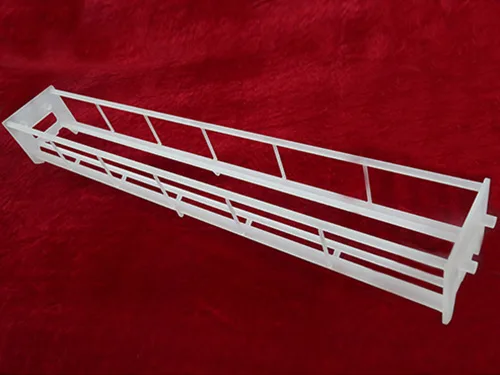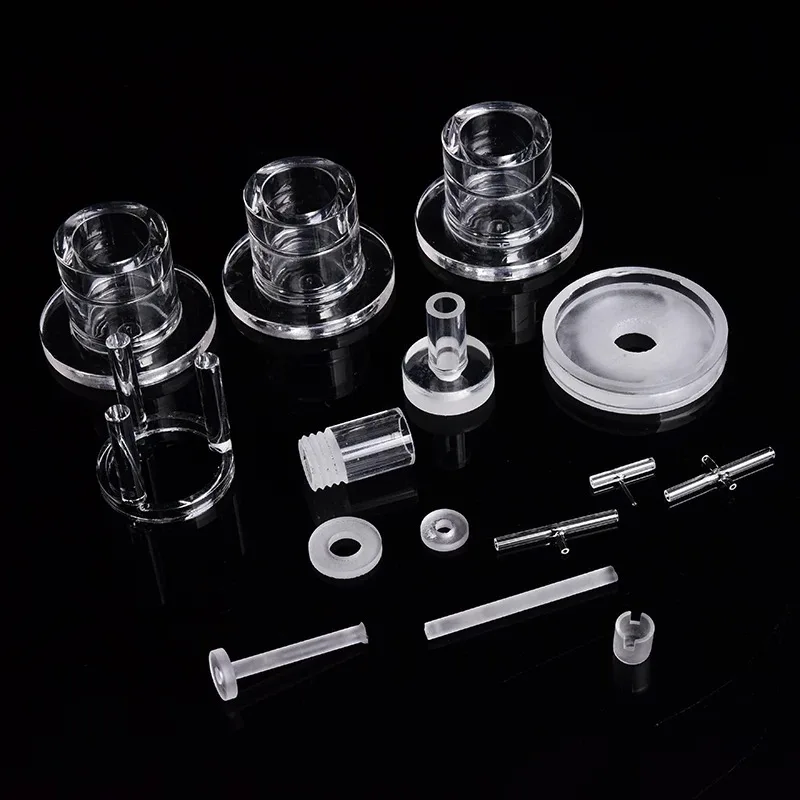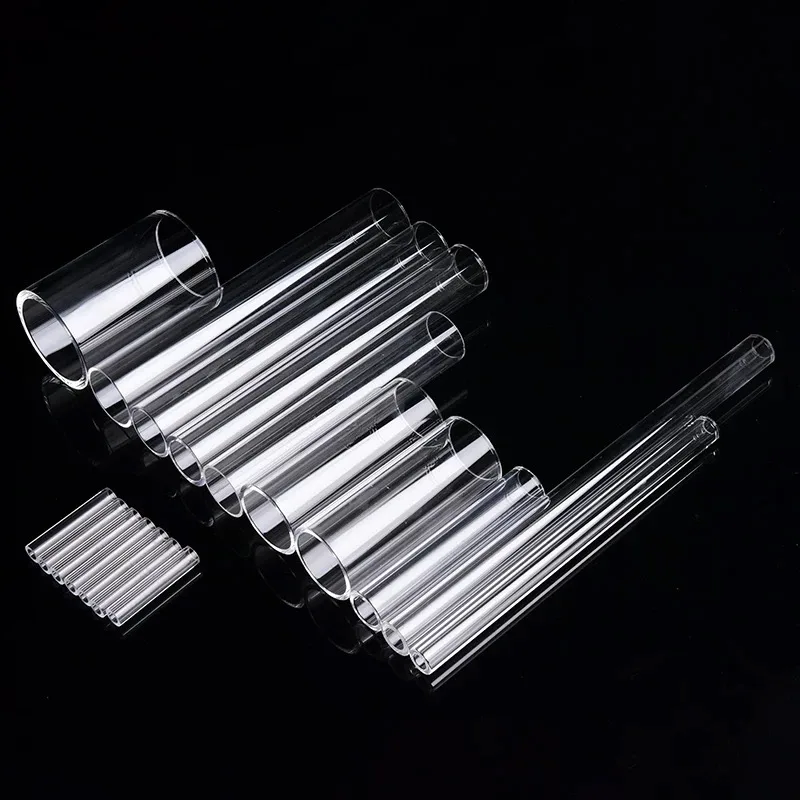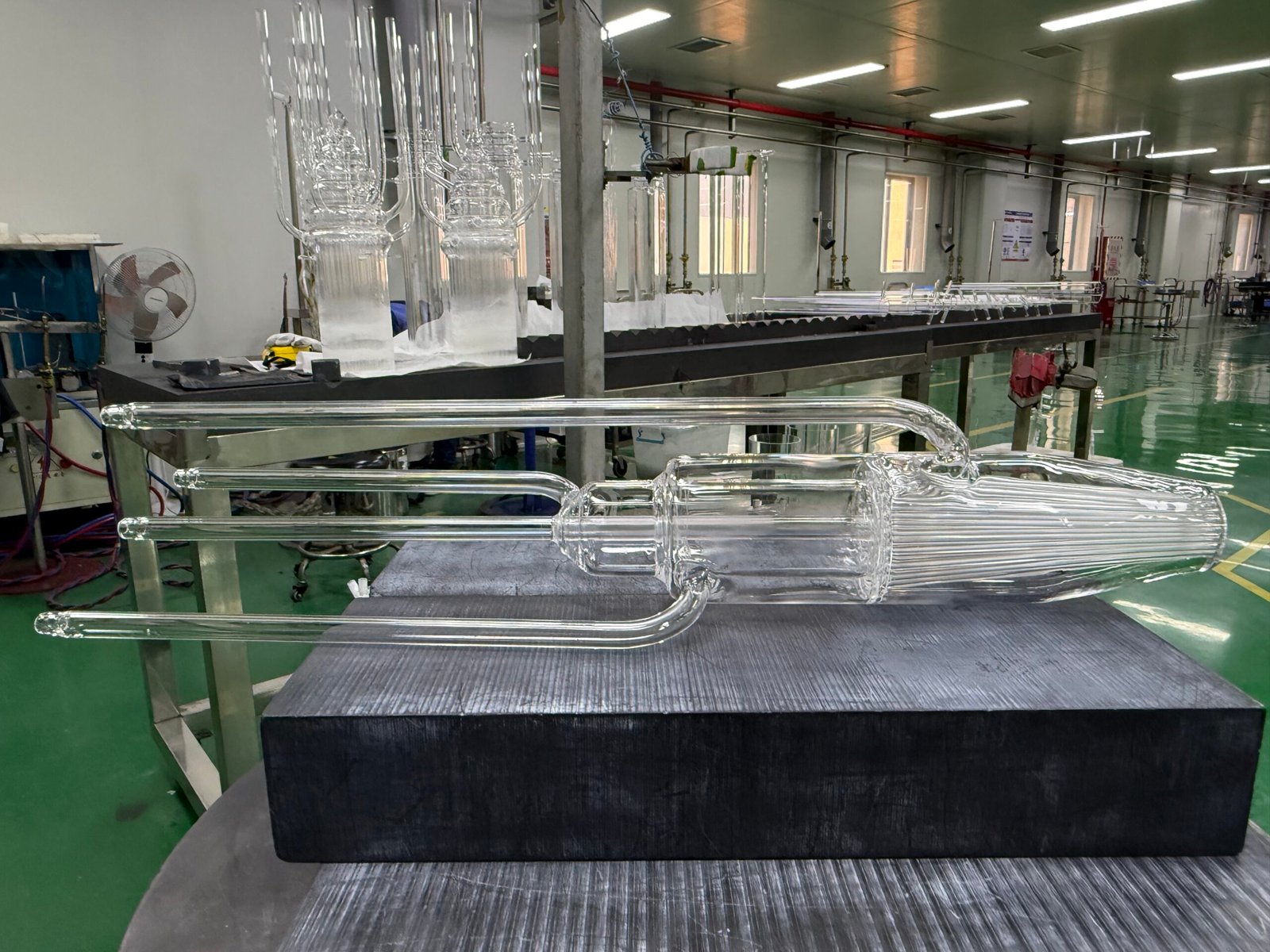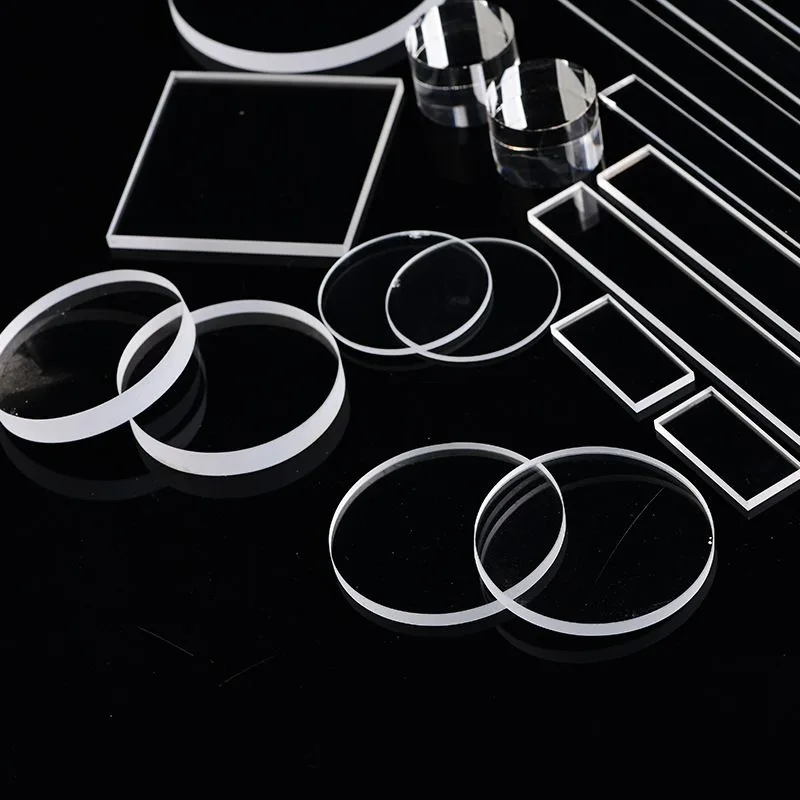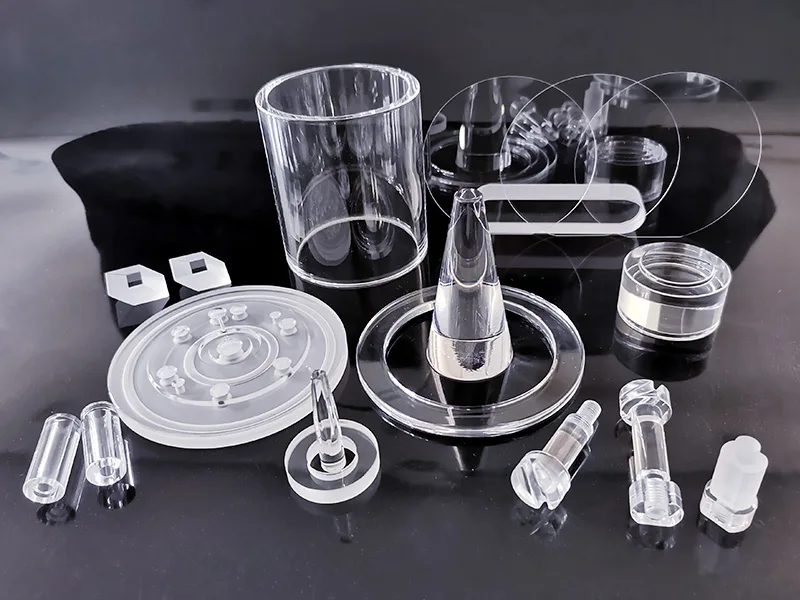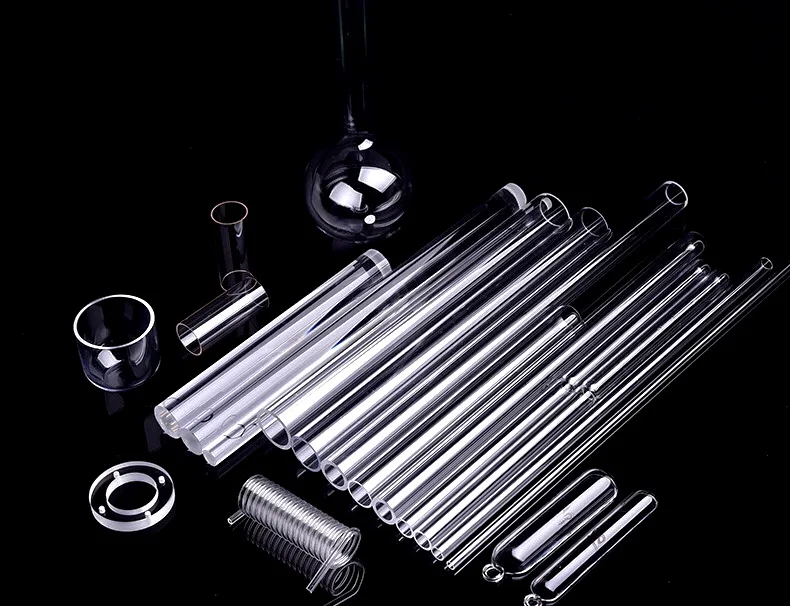
Choosing the right quartz glass products is essential for achieving precision, stability, and long-term performance in any high-tech industry. Whether you work in semiconductor processing, laboratory research, or optical manufacturing, selecting suitable fused quartz components ensures reliability, safety, and cost efficiency.
At FGQuartz, we help clients worldwide identify, customize, and integrate high-purity quartz materials that match their specific process conditions. This guide explains the main product types, performance factors, and expert insights that make selecting the right quartz glass products simple and effective.
1. Understanding Fused Quartz Products and Their Composition
Quartz glass products, also called fused silica, are made from ultra-pure SiO₂ and have exceptional thermal, optical, and chemical properties. Unlike ordinary glass, they contain no additives, providing unmatched durability and purity.
Key characteristics of fused quartz products:
-
Thermal stability: Softening point around 1680°C and continuous service up to 1100°C.
-
Chemical resistance: Unaffected by most acids and alkalis except hydrofluoric acid.
-
Optical clarity: Transmits UV, visible, and infrared light efficiently.
-
Low thermal expansion: Maintains tight tolerances under temperature shifts.
Understanding these traits helps you select quartz components best suited for your process.
2. Identifying Application Requirements for Quartz Glass Products
Every industry uses quartz glass products differently. Before purchasing, define the temperature range, chemical exposure, and mechanical tolerances required by your operation.
Typical applications include:
-
Semiconductors: Diffusion tubes, quartz boats, and tanks used in wafer processing.
-
Laboratories: Reaction vessels and cuvettes that demand inertness.
-
Optics: Windows, rods, and lenses requiring high UV and IR transmission.
-
Industrial processing: Heaters, reactors, and thermocouple protection tubes under high heat.
Selecting the right configuration of quartz materials ensures both performance and product lifespan.
3. Comparing Different Types of Quartz Glass Products
| Quartz Type | Description | Typical Use |
|---|---|---|
| Clear fused quartz | Transparent, high UV-IR transmission. | Semiconductor, optics, labware. |
| Opaque fused quartz (ceramic) | Micro-porous white structure; resists heat shock. | Furnace and thermal shields. |
| Synthetic fused silica | Produced by chemical vapor deposition (CVD) for highest purity. | Semiconductor precision tools. |
| Natural fused quartz | Derived from natural crystals; cost-effective. | General industrial parts. |
Each quartz product type offers distinct advantages depending on process conditions.
4. Purity and Quality Standards for High-Purity Quartz Materials
Purity directly affects the performance of quartz glass products. Even trace metallic contamination can cause discoloration or structural failure.
Supplier quality checklist:
-
Verify SiO₂ ≥ 99.99%.
-
Request chemical composition certificates.
-
Confirm ISO 9001 or SEMI F47 compliance.
-
Inspect for flawless, bubble-free surfaces.
FGQuartz ensures precision manufacturing and chemical purity in every quartz component.
5. Customization and Design Options for Quartz Components
Modern manufacturing enables full customization of fused quartz products. Tailored solutions often outperform standard parts.
Customization capabilities:
-
Tight tolerances down to ±0.1 mm.
-
Optical-grade surface finishing.
-
Stress-relief annealing for mechanical stability.
-
Fusion bonding for sealed, joint-free designs.
Collaborating with the supplier’s engineers early reduces lead time and cost.
6. Thermal and Chemical Resistance of Fused Quartz Components
Different quartz materials behave uniquely under extreme conditions.
Their low expansion coefficient (5.5 × 10⁻⁷ /°C) gives excellent thermal shock resistance.
High-temperature guidance:
Use thick-wall or opaque quartz to withstand thermal gradients.
Chemical resistance note:
Avoid hydrofluoric acid and concentrated phosphoric acid. Use protective coatings if contact is unavoidable.
7. Fabrication and Finishing Quality of Quartz Glass Products
The fabrication process defines the reliability of quartz glass products.
Key methods include:
-
CNC machining for precision shapes.
-
Flame polishing to remove micro-cracks.
-
Fusion bonding for high-purity sealing.
-
Annealing to prevent internal stress.
FGQuartz combines these techniques to produce durable, contamination-free surfaces.
8. Inspection and Quality Assurance Before Purchase
Always inspect quartz glass components prior to delivery:
-
Check surface smoothness and uniformity.
-
Verify dimensional accuracy.
-
Test for internal strain under polarized light.
-
Ensure clean packaging for safe transport.
A dependable supplier provides complete inspection documentation.
9. Balancing Cost and Longevity in Quartz Materials
Lower-priced quartz products often degrade faster, increasing downtime.
Assess total cost of ownership rather than initial price.
Premium, well-engineered fused silica components offer better long-term savings.
10. Partnering with a Reliable Quartz Supplier
The right supplier ensures stable quality and technical support.
FGQuartz offers:
-
Decades of expertise in high-purity quartz glass manufacturing.
-
Custom engineering and rapid prototyping.
-
Global logistics and responsive after-sales service.
A strong partnership guarantees long-term reliability and consistent performance.
11. Future Trends in High-Purity Quartz Products
Advancements continue to expand the use of high-purity quartz glass:
-
Semiconductors: Miniaturization and cleaner processes.
-
Optical systems: Enhanced coatings for transmission.
-
Renewable energy: Quartz reactors in solar and hydrogen production.
-
UV-C disinfection: Growing demand for transparent quartz tubes.
Staying informed ensures your systems remain competitive and efficient.
12. Conclusion
Choosing the right quartz glass products requires understanding purity, design, and manufacturing standards.
By working with FGQuartz, you gain access to expertly crafted fused silica components that deliver precision, durability, and efficiency across semiconductor, laboratory, and optical applications.
For consultation or custom solutions, contact FGQuartz today.
